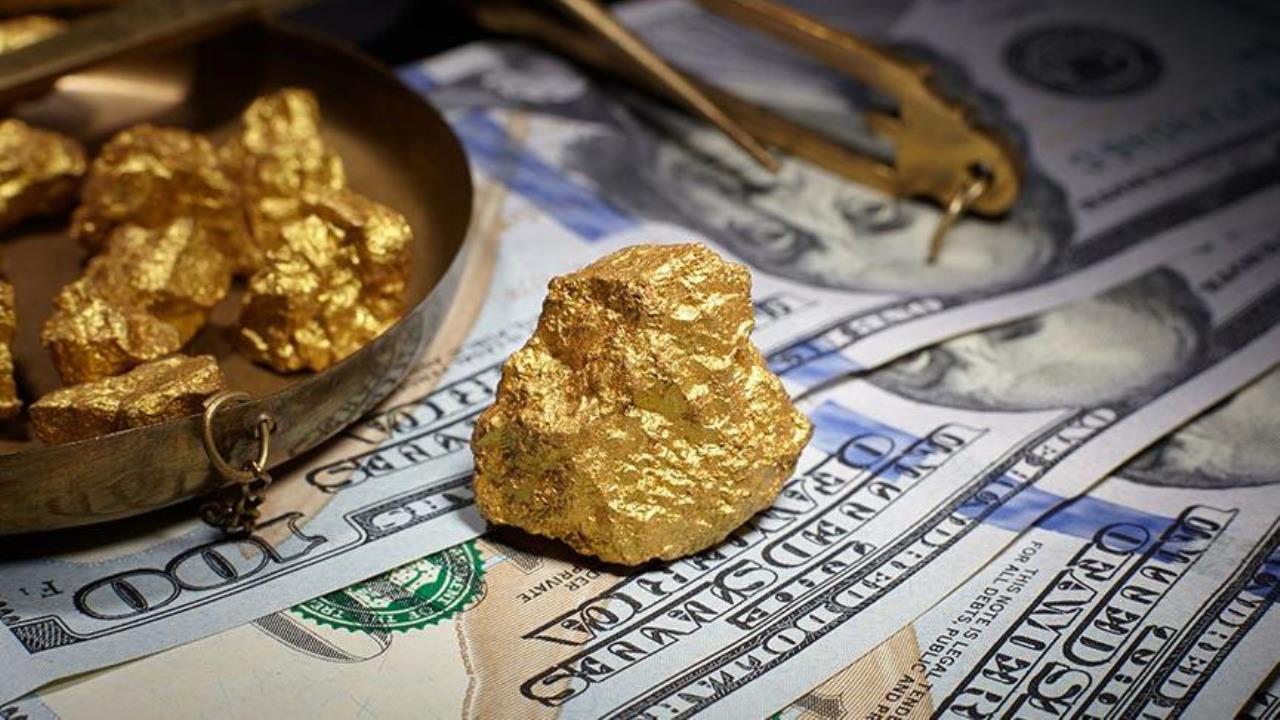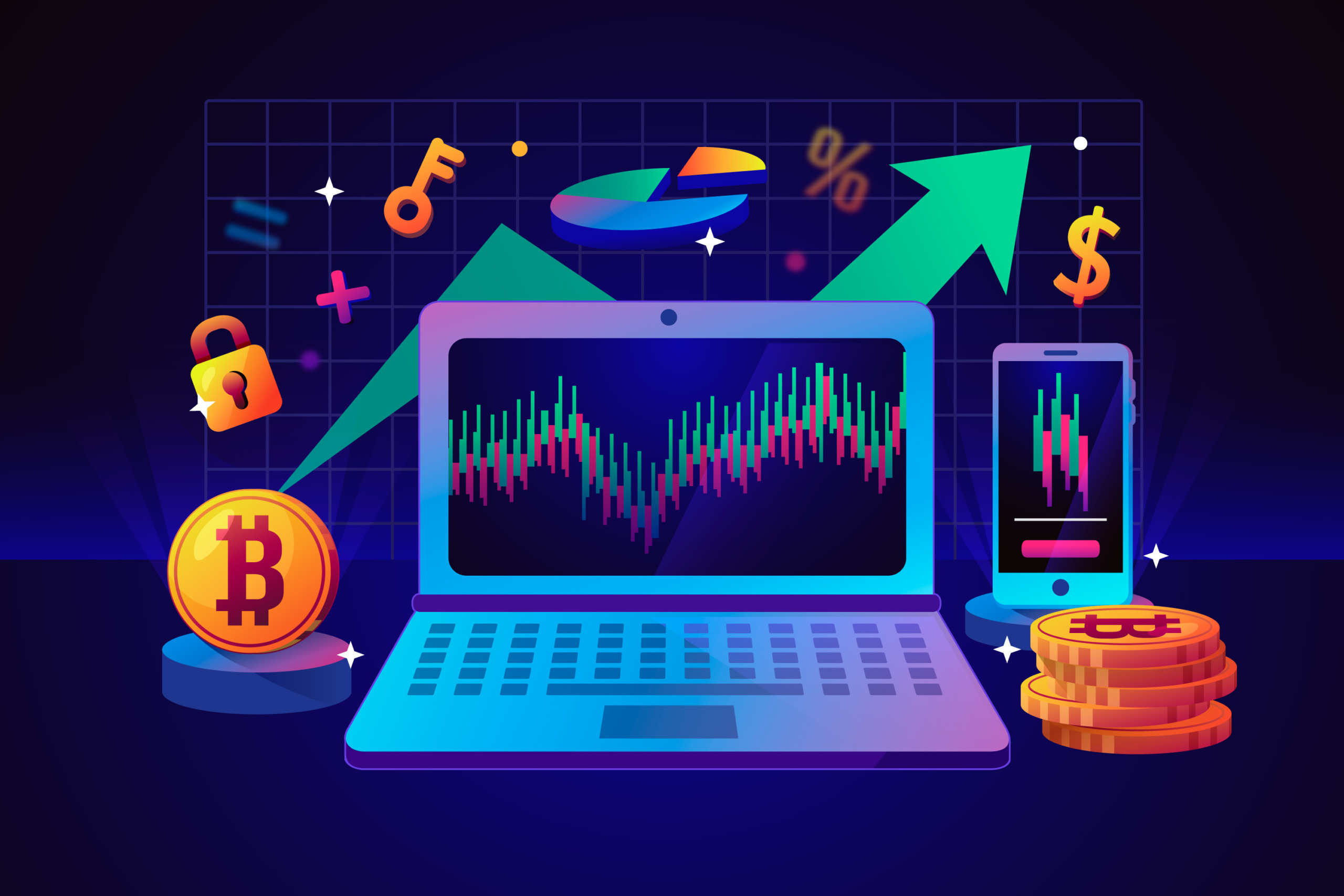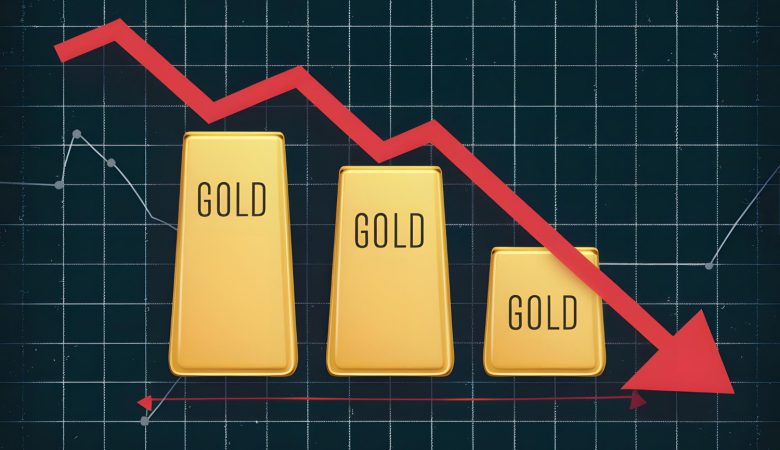The gold market remains in a tug-of-war between rising interest rates and inflation. However, prices ended the week at the top of their range above $1,850. Therefore, it is possible for the momentum to shift to the bullish side.
“Gold is doing exactly what it should be”
As you can see from cryptokoin.com news, gold prices have been hovering around $1,850 for the last three weeks. After heavy selling pressure earlier on Friday, prices have bounced off support. Thereafter, the precious metal rebounded dramatically as its price climbed just above $1,825.
August gold futures were last traded at $1,876.50. This shows that it ended the week with a 1.5% gain. Disappointing economic data came in last week, including warmer-than-expected inflation. According to some market analysts, these data provided new bullish momentum for the precious metal.

At the same time, further weakness in equity markets is increasing gold’s safe-haven appeal. Bob Haberkorn, senior market analyst at RJO Futures, comments:
Gold is doing exactly what it’s supposed to be. Investors once again look at gold as an inflation hedge and a safe haven asset.
Bob Haberkorn: In this environment, you really want gold
on Friday, the U.S. Department of Labor said the Consumer Price Index was 8% YoY in May. 6 announced an increase. After that, the overall market sentiment turned negative. Consumer prices reached their highest level in 40 years, driven by rising food and energy prices.
After Friday morning, the University of Michigan said its consumer confidence index dropped to a 50-year low of 50.2. At the same time, consumers expect inflation to increase by 5.4% in the next 12 months. Bob Haberkorn comments on the sell-off in stocks and the gold rally:
The market realized that there was nothing the Federal Reserve could do to rein in inflation. The Fed is likely to continue raising interest rates. However, this, too, will not be high enough to cover inflation anywhere. In this environment, what you really want is gold.

Saxo Bank Head of Commodity Strategy Ole Hansen said rising consumer prices increased the risk of the Fed’s policy error. The Fed is not alone in this, however. The Strategist states that it also applies to central banks around the world.
“I don’t want to get involved in gold until now”
Momentum is currently supporting the gold bulls. On the other hand, markets expect the Fed to increase interest rates by 50 basis points next week. For this, the gold market is still facing tough headwinds. Ole Hansen is trying to figure out how high market interest rates will eventually rise. In this context, he says he is neutral on gold next week. Hansen explains:
Currently, investors do not know which way the market will go. I don’t want to get involved in gold until I see sustained movement above $1,875.

Bart Melek: Rising interest rates still negative for gold
TD Securities Head of Commodity Strategy Bart Melek He says it could drop below $1,850. He points to the Fed’s monetary policy meeting as the reason for this. He adds that rising interest rates in the short term are still negative for gold.
But Bart Melek has doubts about how determined the Fed will be to tame inflation. Therefore, he adds, the question remains whether the Fed will take the risk of pushing the economy into recession. Melek expects the Fed to ‘increase interest rates’. However, he notes that gold continues to rise in the long run. Bart Melek says:
The Fed is not ready to do whatever it takes to control inflation.

Watch next week’s consumption data
Markets follow inflation closely. Analysts and economists focused on US retail sales next week. In this direction, they say that investors should pay attention to consumption figures.
The negative impact of inflation on the consumer is likely to continue. In this case, Ole Hansen says, weaker consumption will lead to lower economic growth. Economists say a strong labor market and rising savings have helped support consumers so far this year. However, savings dwindled due to declining purchasing power.
Pressure on real incomes due to higher prices. Given the surpluses relative to services in this area of the economy, this will particularly outweigh future spending on goods. Economists at CIBC say higher interest rates are set to slow aggregate consumption growth in the second half of the year. They state that the demand for big-ticket items and the limitation of housing-related expenditures will be factors in this.







